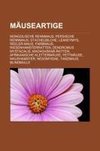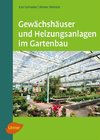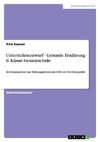
-
 Anglický jazyk
Anglický jazyk
Physiological Studies of Soybean Seeds in Tropical Storage Conditions
Autor: Rajesh Gadewar
Soybean (Glycine max Merrill) the most well-known oil seed and legume crop belongs to the family-Leguminosae. It has a chromosome number of 2n=40. The flour contains approximately 40 percent proteins, 20 percent fats with valuable phosphates, potassium and... Viac o knihe
Na objednávku, dodanie 2-4 týždne
53.64 €
bežná cena: 59.60 €
O knihe
Soybean (Glycine max Merrill) the most well-known oil seed and legume crop belongs to the family-Leguminosae. It has a chromosome number of 2n=40. The flour contains approximately 40 percent proteins, 20 percent fats with valuable phosphates, potassium and the important vitamins A, B, and D. Soybean is not only a very cheap source of edible oil but also is a high quality protein rich food for human beings and livestock. Soy-protein is known for the high amounts of lysine, methionine and cysteine. Soybean should prove a boon to the large population of children in India suffering from acute protein malnutrition. During this investigation, four soybean varieties, which are commonly cultivated in Vidarbha region viz., JS-335, AMS-99-33, TAMS-38 and TAMS-98-21, (Denoted by V1, V2, V3 and V4 respectively) were examined in three replications and observed for physiological, biochemical and mycological changes during storage in three different containers Polyethylene bag, Cloth bag and Jute bag (Denoted by C1, C2 and C3 respectively) over a period of 540 days of storage (18 months).
- Vydavateľstvo: LAP LAMBERT Academic Publishing
- Rok vydania: 2020
- Formát: Paperback
- Rozmer: 220 x 150 mm
- Jazyk: Anglický jazyk
- ISBN: 9786202918565

 Nemecký jazyk
Nemecký jazyk 









